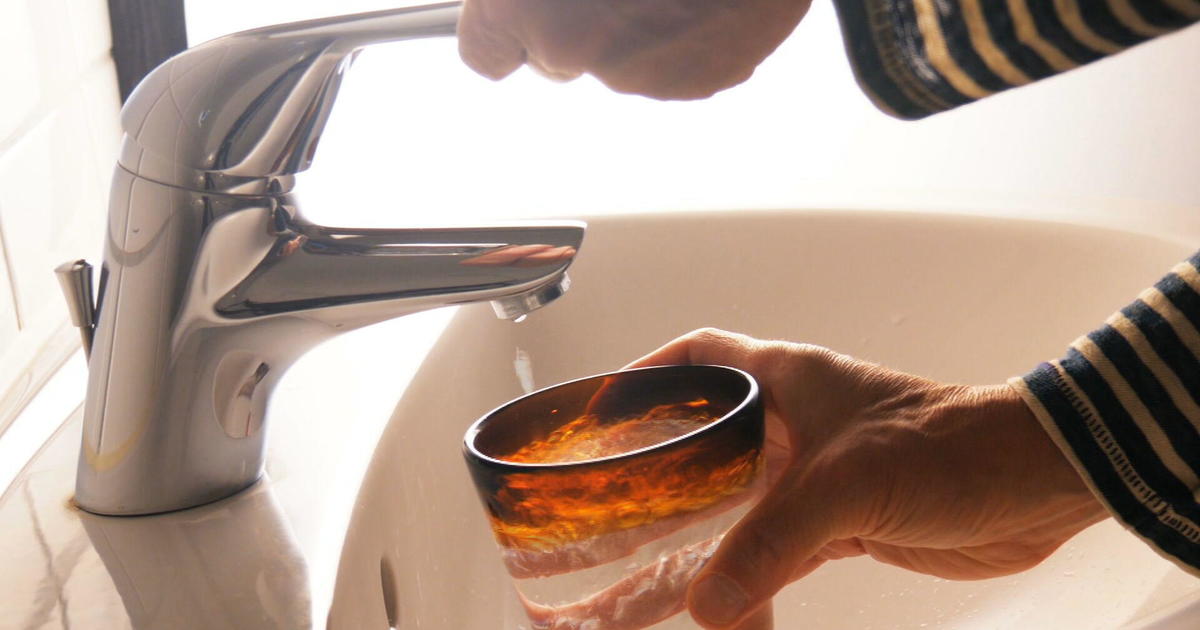Study: Road Salt In Lakes, Rivers May Wipe Out Aquatic Life
MINNEAPOLIS (WCCO) -- Twin Cities lakes and rivers face a pollution threat that could wipe out fish and other aquatic life by 2050, according to a new study from researchers at the University of Wisconsin-Madison.
The salt levels come from, not surprisingly, the salt we use to melt our winter ice and snow.
And the blame, according to researchers, doesn't just go to large users of salt like the Minnesota Department of Transportation.
The Minnesota Pollution Control Agency says homeowners who put down salt are to blame as well.
Silver Lake in St. Anthony has an up-north feel and a metro-area address. But the lake is one of 40 metro-area lakes that have salt levels exceeding pollution standards.
"We've got 40 that have already crossed the threshold and we've got another 40 that are very near," said MPCA Watershed Specialist Brooke Asleson.
While the salt levels in Silver Lake and other metro lakes do not pose an immediate threat to humans, they have the potential to choke out insect and fish species -- ultimately leading to a problem that Madison, Wisconsin is currently confronting: salty-tasting drinking water.
The MPCA regularly holds seminars that are aimed at teaching better salting practices to state and local organizations.
"It takes a very small amount [of salt] to melt ice, and if you put any salt beyond that amount, it's just being wasted," Asleson said.
Among those getting the message is Tom Foley, who is in charge of salting driveways and parking lots for Columbia Heights' five schools.
"To come here to this program, I'm learning what right things to do and what's not acceptable," Foley said.
Even the mighty Mississippi River in the Twin Cities is threatened. There has been an 81-percent increase in salt levels since 1985.
One factor is the removal of trees from riverbanks and area lakes that have helped create natural barrier from salt and other pollutants for centuries.
Once salt is in water, it can only be removed by reverse osmosis -- a process that is prohibitively expensive for large-scale bodies of water.
Click here for more information on environmentally-friendly salting tips.



